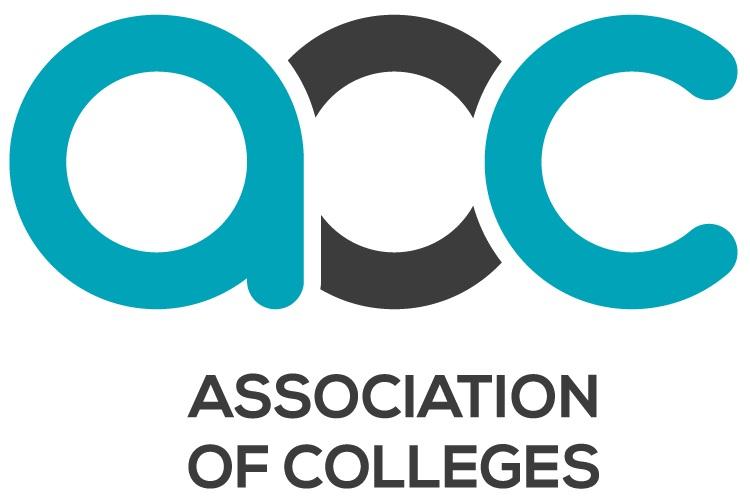Government write-off more than £20m worth of learner loans in bid to get people into higher education

More and more learners could be tempted to take up access courses after new figures from the Department for Education (DfE) revealed that more than £20 million worth of learner loans were written off in the 2017-18 academic year.
Access to Higher Education (HE) courses are usually one-year qualifications to prepare people without traditional qualifications for study at university. They are delivered by colleges in England and Wales and are available in a range of subjects, such as nursing, social studies, law, and art and design.
There has long been concern about the low numbers of mature students studying in universities, with cost of getting to university being a barrier. This led to the government introducing the access course loan write-off policy in 2011. Once students have completed their access course and subsequent degree, the loan for the access course is written off.
Last year, the write-off was £1.7m, this year it is £20.3 million.
The policy compares favourably in comparison to year zero courses offered by universities. Students who sign up to year zero courses have an extra year’s worth of student loans at £9,250 but no write-off.
David Corke, Director of Policy at the Association of Colleges, said: “The Access Courses show the benefit that studying at a college can have for those who are lacking in any traditional qualifications. The one-year course helps to provide the skills need to either access employment or move into higher education.
“We are glad that AoC’s campaign work over the years has worked as colleges are inspirational places to learn because education and training is delivered by expert teaching staff in industry-standard facilities. From basic skills to postgraduate degrees, colleges offer first rate academic and vocational teaching, in a range of professions including engineering, hospitality, IT, construction and the creative arts.”












Responses